
How to Get Rid of Moths
Banishing these night-dwellers is easy—and it doesn’t have to leave your house smelling like mothballs.
Read More

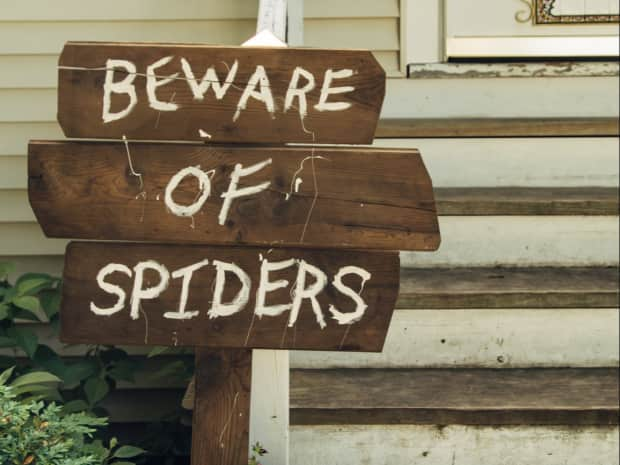
Last Updated: July 24, 2024
Spiders are great for the environment and even help keep other bug populations down. Chances are, however, you came here because you're not such a huge fan of having them in your living spaces. Here are some helpful tips on how to keep populations down in our homes, naturally, that's both kid- and pet-safe.
Spiders. You either love them or you hate them, yet most of us can agree that spider bites and cobwebs aren't ideal. So which natural repellents actually work to keep spiders out of our indoor spaces — because we do need spiders around to some extent, just not quite so close!
Spider bites are rare. Like bees, mice, or raccoons, spiders won’t bother you unless bothered. And although all spiders are venomous, the majority of bites in North America are less harmful than a mosquito bite (mosquitoes being vectors for diseases while spiders are not).
According to the Centers for Disease Control, the two types of spiders that are “medically important” (i.e. really bad) in the United States are black widows and brown recluse spiders, and only some species of these types bite. Both stay well-hidden and will only bite you if you come into direct contact with them.
Want to see black widows and brown recluse spiders up close? Have a look.
Many different types of spiders find their way into our houses — some temporarily, some permanently. They range from skinny American house spiders and hobo spiders, to enormous wolf spiders. No matter how big or how small, they all do their best to steer clear of you. Meanwhile — and what’s also good about them — they snack on the insects you don’t want in your house, including disease vectors like mosquitoes and flies.

Completely false for two reasons: First, there’s no such thing as a spider problem or infestation. An increase in your household spider population is usually temporary and most often associated with their mating habits.
Secondly, an insecticide spider spray will only kill spiders it comes into direct contact with — and it won’t affect the spider’s egg sac at all.

It depends entirely on where you are. If you’re in the garden, you’re probably much closer than three feet to lots and lots of spiders.
If you’re in your house, the grocery store, the mall, or your doctor’s office, you’re probably a lot farther away from spiders.

A popular myth, but demonstrably false. The most common spider species that live in North American homes likely don’t get anywhere near your bed as there's nothing for them to eat there. And if you’re in bed, they’re even less likely to approach , because your vibrations (your heartbeat, breathing, snoring) are scary to them.
Although spiders aren’t everyone’s favorite house guests, they play a critical role in the environment and are worth preserving. Here’s why we need spiders — and why spider conservation is so important:
If you weighed all of the insect pests eaten by spiders every year worldwide, they’d weigh as much as all of the humans on earth. If spiders didn’t eat them, these pests would consume all of the crops on the planet.
All spiders have venom, which contains hundreds or thousands of chemical compounds. Researchers are looking into whether certain spider venoms can improve pain medications, treat muscular dystrophy, identify brain tumors, and more.
Silk is a purely natural, lightweight substance produced by spiders. It has a higher strength-to-density ratio than steel, and its potential for new, environmentally sustainable applications across industries increases as technology advances.
Grove Tip
Since organic farmers rely heavily on biological pest control, and spiders are the most abundant enemy of insect pests, organic farming operations rely heavily on spiders to keep their crops safe — without pesticides.
Short answer — yes. Longer answer — it depends on the spider and the repellent, but most spider species are extremely turned off by some scents, which we can use to keep our homes spider-free. Natural spider repellents are generally based on the scent compounds below.

In general, spiders are averse to a variety of scents, including:
The best spider repellent is one that is safe to use around pets and kids — and spiders. Experts, from entomologists to horticulturists to pest control companies, agree that we really shouldn’t kill these beneficial creatures no matter how creepy we find them.

Although spiders will live in your home year-round if they wish, you may see more spiders inside during the fall months, when males go off to mate. Since it’s very unlikely they’ll hurt you, it’s best to just leave them alone and wait for them to go away on their own.
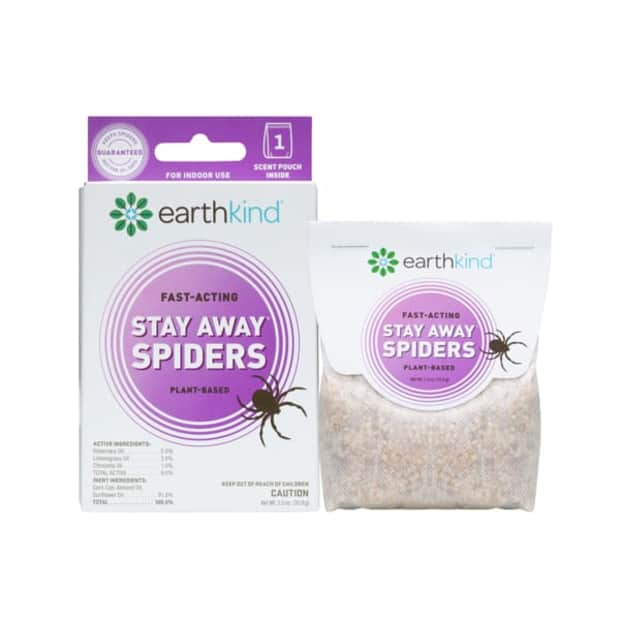
But if you can’t abide them in your abode for a single second, we recommend an indoor spider repellent like Earthkind Stay Away® Spiders, a biodegradable, compostable, essential oil-based product that comes in pouches you set around the house. All of Earthkind’s pest repellents are safe for dogs, cats, and kids.
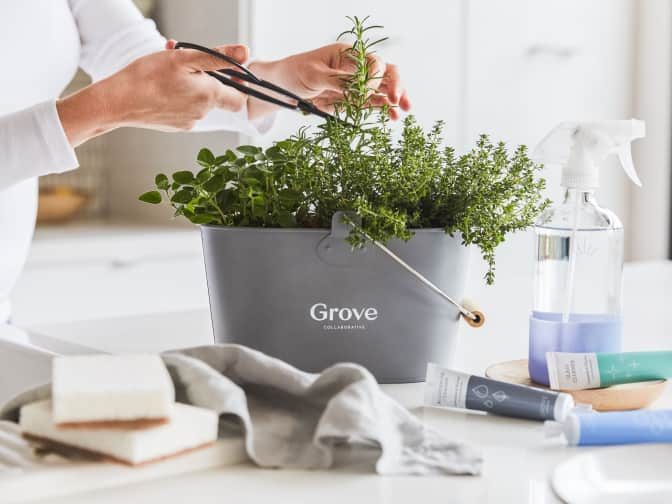
The best spider repellent in the garden is no spider repellent in the garden. Spiders in the garden are one of the best pest control solutions available to humankind. They’re free, harmless — and one of the few pest predators that won’t eat your plants.
Using an outdoor spider repellent to keep these guys away is about as useful as spritzing a delightful, natural room spray at the landfill. If anything, you should work to increase your spider population in the garden by adding mulch to provide cover and allowing your garden to go untilled over the winter.
Pet-safe spider repellents are those that are completely natural and don’t contain toxic chemicals meant to kill spiders. Avoid conventional, store-bought pest repellents of any kind that have warnings pasted all over the label.
Our selection of pest control products will help you keep ants, moths, mosquitoes, and more out of your home without harming your pet. And speaking of pets, we have natural solutions for ticks and fleas, too.

Banishing these night-dwellers is easy—and it doesn’t have to leave your house smelling like mothballs.

Tired of flour bugs calling first dibs on your food? Banish the fiends with these tips.
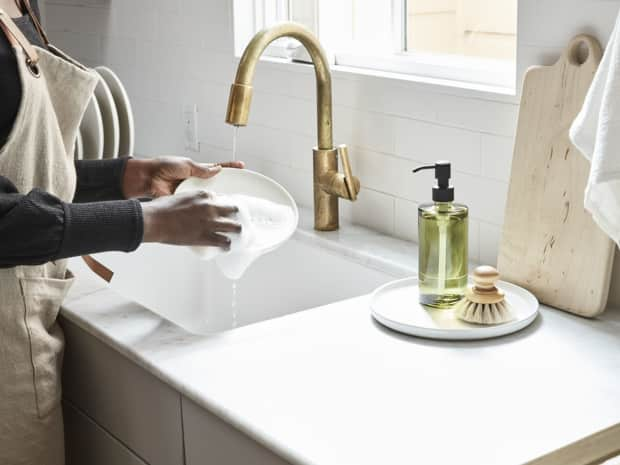
Learn how to identify drain flies and eliminate these pesky pests from your home.

Steer the ants out with these natural repellents —and keep them out.
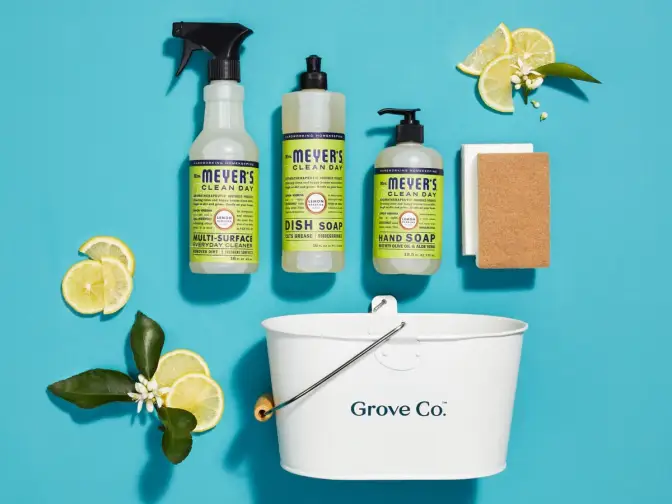
Wondering who Grove is, what types of products we offer, and how to get a free gift set when you sign up? Learn more about flexible monthly shipments, customizing your shipment, and joining millions of happy households — no monthly fees or commitments required.